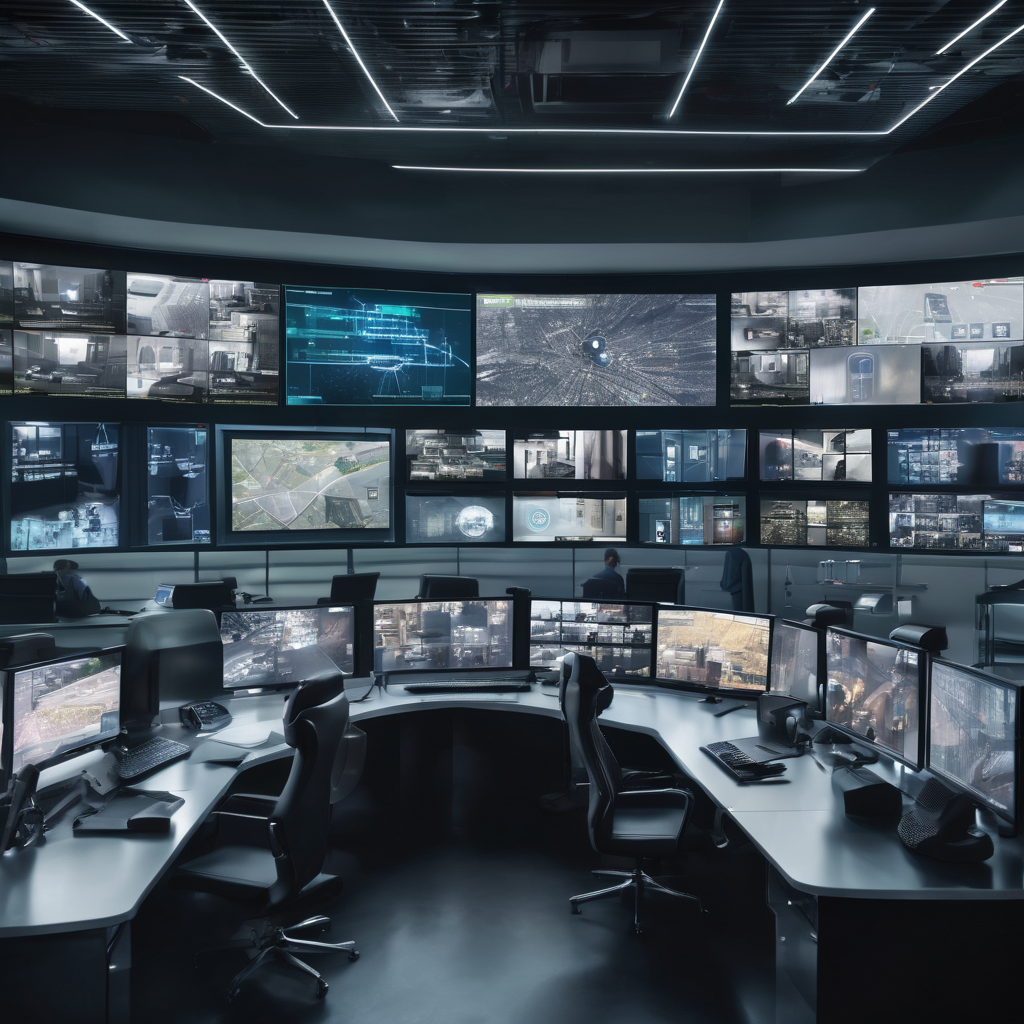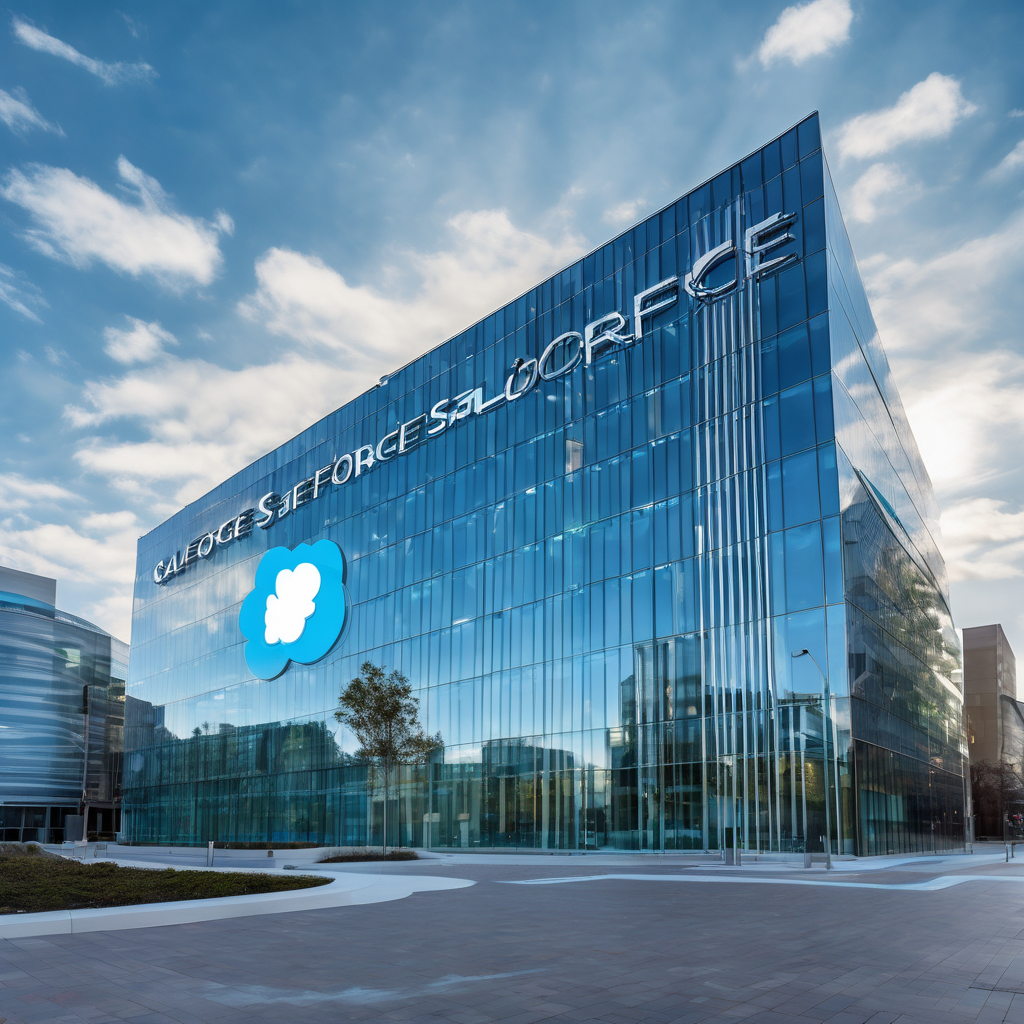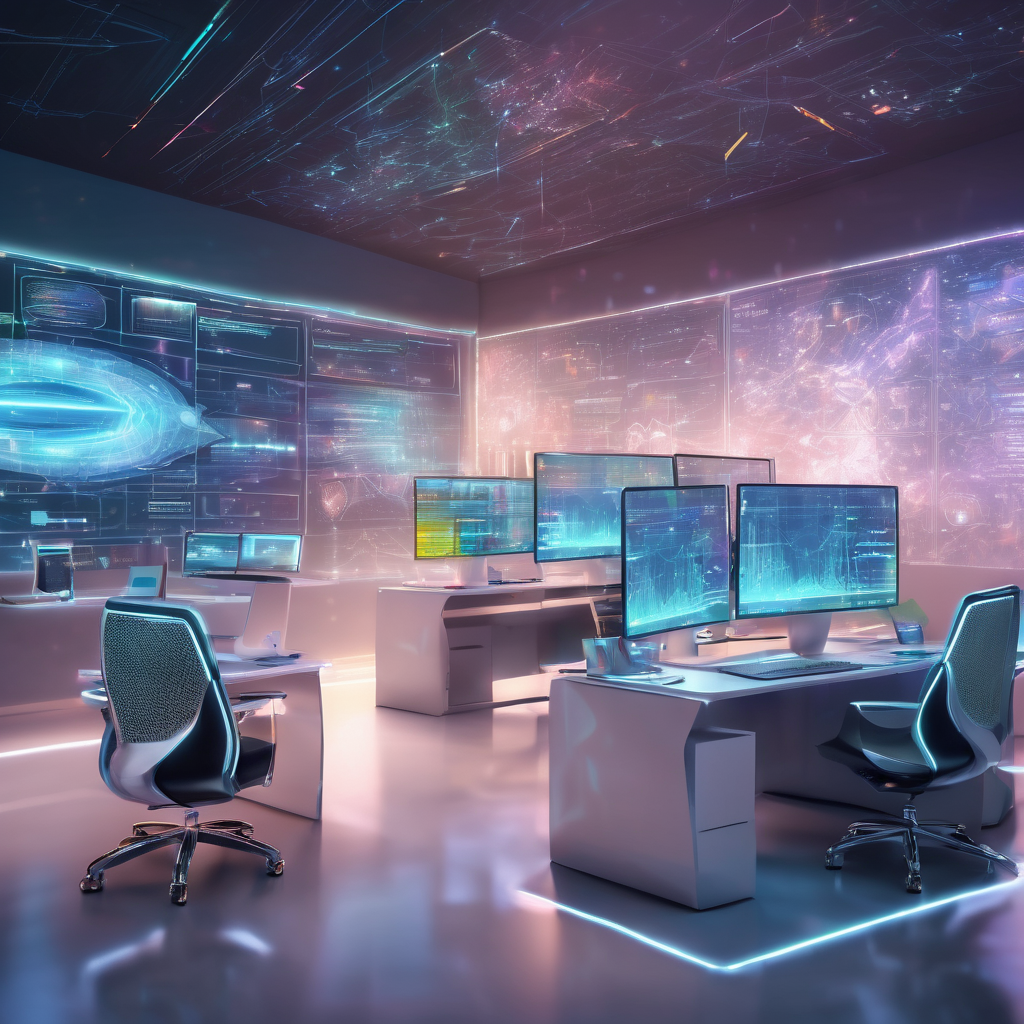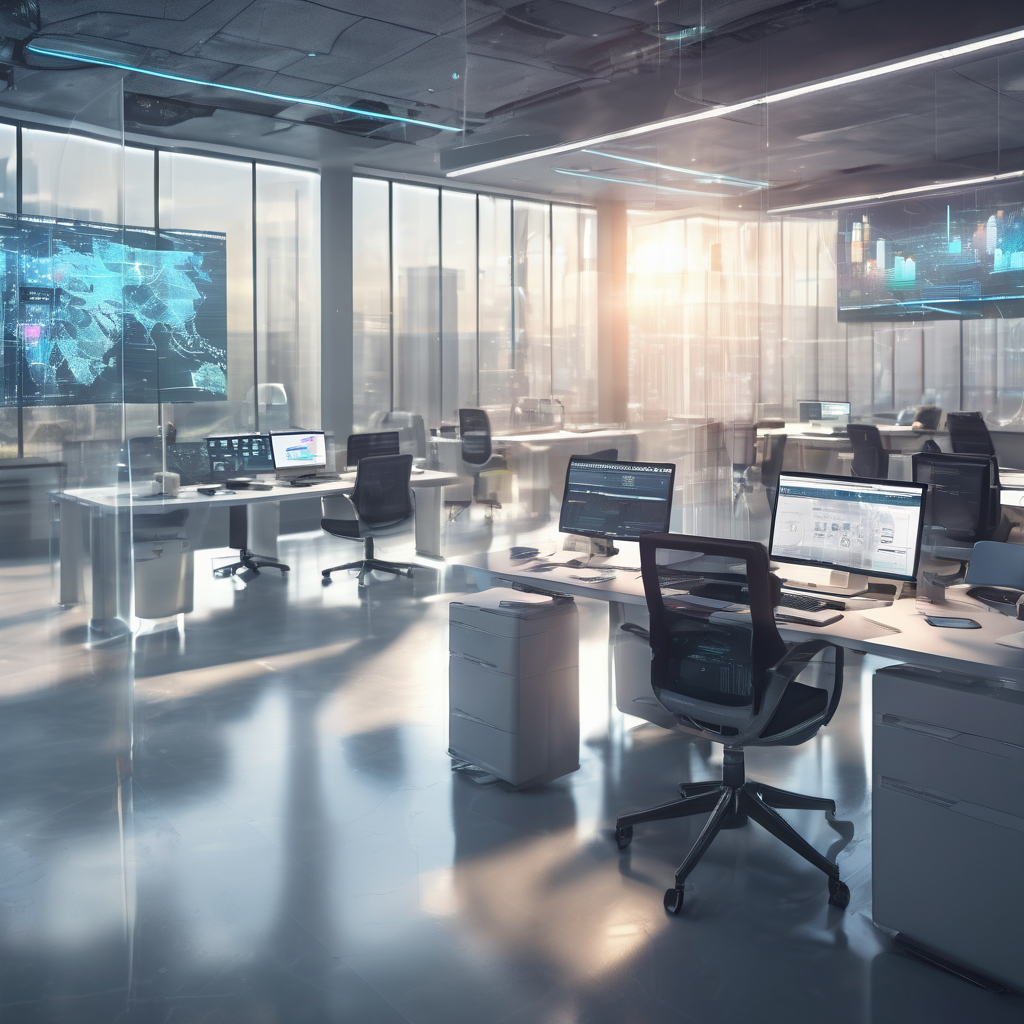
Since the industrial revolution, there has been a concern among people that technology would lead to job loss. While machines have indeed replaced some jobs and tasks, new ones have also emerged. The rise of ChatGPT and other generative AI technologies has sparked curiosity about the future of work and the safety of one's career. A recent survey found that over half of individuals aged 18-24 are anxious about the impact of AI on their professional lives. The fear of job displacement due to automation is understandable, considering that research has revealed that around 25% of tasks currently performed by humans in the US and Europe could be automated in the near future. The increasing utilization of AI in white-collar workplaces sets this transformation apart from previous changes. Analysts worry that middle-class jobs are now at risk. This article is part of Quarter Life, a series that explores various issues affecting individuals in their twenties and thirties. It covers everything from the challenges of starting a career and maintaining mental health to the excitement of starting a family, adopting a pet, or building friendships in adulthood. The future of work is a widely-discussed topic, with numerous books published each year examining the possibilities. These books attempt to satisfy the human desire to understand how technology will shape the future. Through an analysis of ten books published between 2017 and 2020 focused on work and technology's future, I identified two main perspectives on AI in the workplace. One viewpoint expresses concern about the future of work and the security of current roles, which I refer to as "automation anxiety. " The other perspective is one of hope, where humans and machines collaborate to enhance productivity, known as "augmentation aspiration. " These books convey significant concerns about technology enabling the automation of certain tasks, potentially leading to job losses. Specifically, there is concern that knowledge-based professions like accounting or law, typically associated with well-educated professionals, are now under threat from machines. The idea that a solid education guarantees a secure, middle-class job is challenged by automation. Economist Richard Baldwin highlights this in his 2019 book, "The Globotics Upheaval. " Seeing AI efficiently complete tasks traditionally done by junior lawyers at a lower cost raises worries for those who have invested significant time and money into acquiring a law degree. However, there is an alternative, more optimistic perspective. Some books emphasize the potential for humans to collaborate with AI, augmenting each other's skills.
This collaboration could involve working alongside robots in factories or incorporating an AI chatbot into legal practice. Rather than being replaced, lawyers would be enhanced by technology. In reality, automation and augmentation coexist, making both relevant for future careers. When considering your own career, it is essential to recognize that task automation is likely to be a factor to contend with in the future. Therefore, continuous learning becomes crucial for future-proofing your career. But is it worth investing in further education when the return on investment seems uncertain?While specific skills may become outdated as technology progresses, the value of education lies in learning how to learn, or how to update skills throughout your professional journey. Research demonstrates that this ability is highly valuable in the workforce. Learning can occur within educational settings, such as returning to university or participating in executive education courses, but it can also happen on the job. When discussing your career path, consider raising the topic of additional training with your manager. Critical thinking and analytical skills will play a central role in the augmentation of human-machine collaboration. When working with machines, it is crucial to question the output they produce. Humans are likely to remain essential in this process – you might have a chatbot automating certain legal tasks, but a human will still be necessary to interpret the results. Lastly, remember that previous fears of job disappearance and task replacement by machines did not always materialize. For example, the introduction of automated teller machines (ATMs) did not eliminate bank teller jobs; instead, it changed the nature of their tasks. Ultimately, choose a career that you enjoy and commit to a lifelong learning mindset. This way, if the need arises, you will be prepared to adapt and navigate new paths in the future.
None


The integration of Artificial Intelligence (AI) into video surveillance systems is ushering in a new era of security improvements that greatly enhance the effectiveness and efficiency of monitoring solutions.

Apple’s latest flagship smartphone, the iPhone 17 Pro Max, launched in September 2025, is experiencing exceptional success in the U.S., defying the broader slowdown in consumer electronics and setting new standards for premium device adoption.

Salesforce has made a major advancement in IT service management (ITSM) by launching an innovative agentic AI platform that integrates IT workflows, customer relationship management (CRM), and automation.

Flint, a pioneering startup, is set to transform the digital landscape by launching a platform for autonomous websites that generate and optimize content entirely without human input.

For many enterprise companies, AI remains either an unfulfilled promise or a notable security risk.

MarketOwl AI has introduced an innovative service aimed at revolutionizing marketing strategies for small and medium-sized businesses by offering a suite of autonomous virtual agents that collectively replace traditional marketing departments.

Examining AI ‘hallucinations’ and Sunday’s Gaza blasts Thomas Copeland, BBC Verify Live journalist As we prepare to close this live coverage, here's a summary of today's key stories
Automate Marketing, Sales, SMM & SEO

and get clients on autopilot — from social media and search engines. No ads needed
and get clients today